7 Little Things Your Dog Notices About You Every Day (And 5 Things That Secretly Annoy Them)
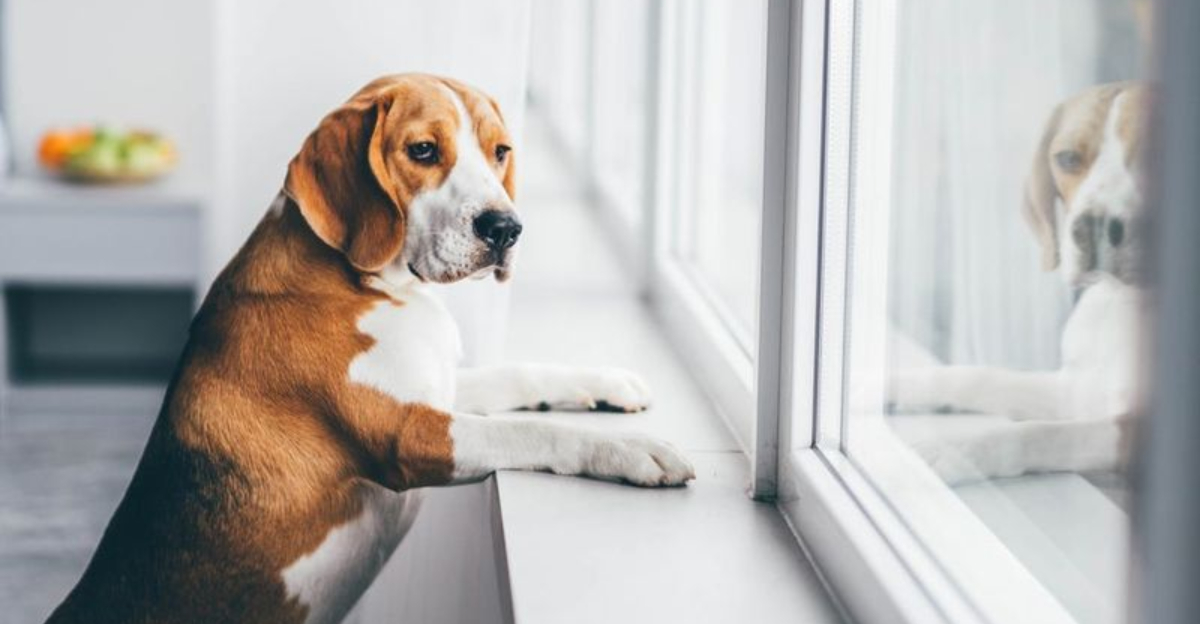
Ever wonder what goes on in your furry friend’s mind when they stare at you with those soulful eyes? Dogs are incredibly perceptive creatures, picking up on subtle cues we humans often overlook.
They notice our moods, routines, and even the tiniest changes in our behavior. Let’s go and see what your canine companion observes about you daily and what might secretly drive them crazy!
1. Your Morning Mood Swings

Dogs are emotional barometers, instantly sensing whether you woke up on the wrong side of the bed. Their acute sensitivity to facial expressions and body language means they know if you’re grumpy before you’ve even had coffee.
This awareness explains why your pup might give you space on tough mornings or attempt to cheer you up with extra tail wags. They’re not just being cute – they’re responding to your emotional state!
2. The Sound Of Your Footsteps
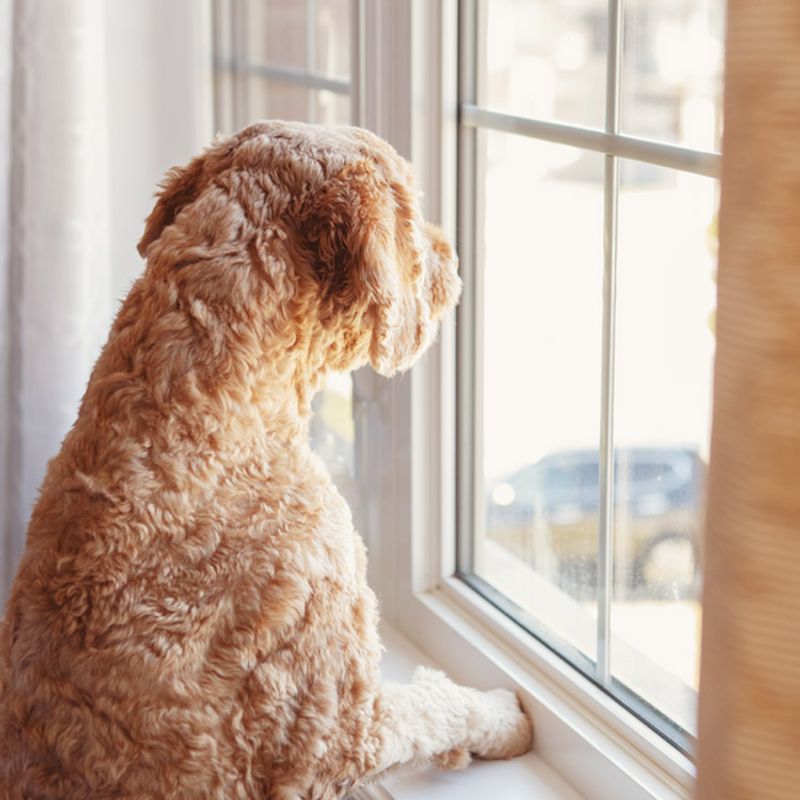
Your dog can identify your footsteps from anyone else’s, even through closed doors or from another floor. Each person’s gait creates a unique sound signature that your four-legged friend memorizes.
That’s why they’re waiting at the door before you even insert your key! This remarkable ability developed from wolves’ need to identify pack members. Your pooch knows exactly who’s coming home by the cadence of your walk.
3. Your Emotional Changes
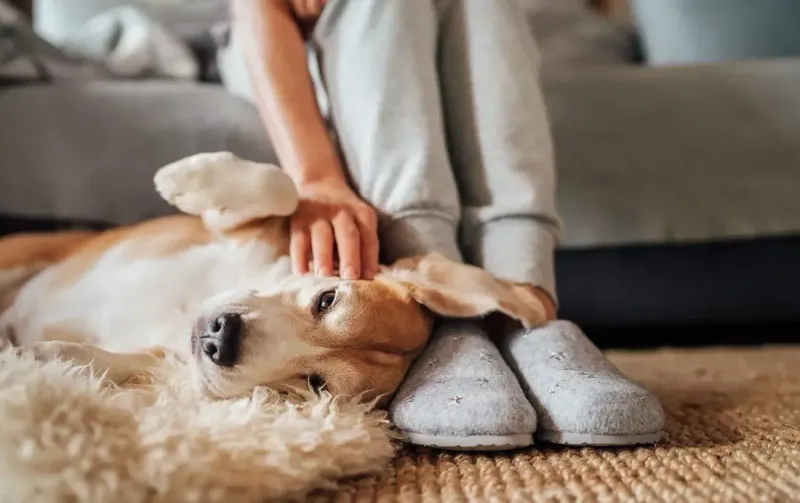
Dogs detect subtle shifts in your body chemistry when emotions change. Studies show they can smell the difference between your happy sweat and fear sweat!
When anxiety strikes, your loyal companion often responds by nuzzling closer or bringing a favorite toy. This isn’t coincidence – it’s their attempt at emotional support.
Their heightened sense of smell picks up cortisol fluctuations that signal your stress levels before you even recognize them yourself.
4. Your Regular Routines
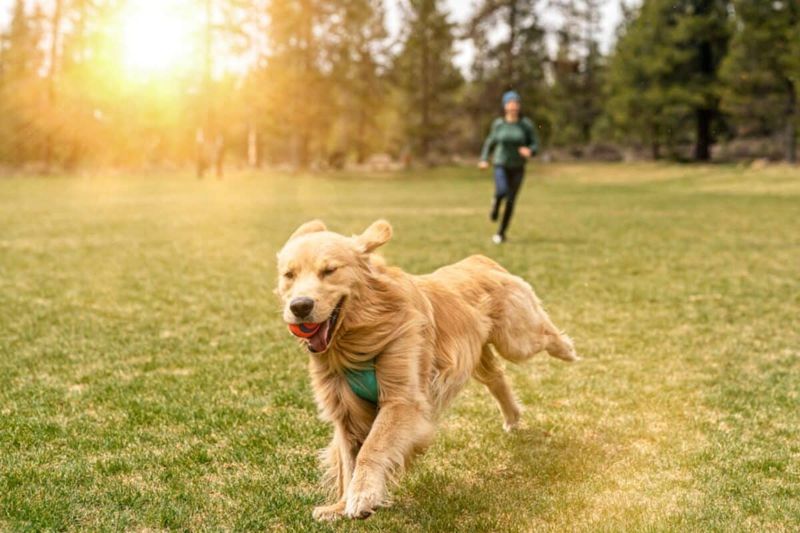
Dogs are creatures of habit who meticulously track your daily patterns. They know exactly when breakfast happens, when you typically grab the leash, and when bedtime approaches.
This schedule awareness explains why your pup starts getting excited about walks before you’ve even reached for their leash.
Their internal clocks are surprisingly accurate! Many dogs even anticipate your arrival home at specific times, positioning themselves by windows or doors minutes before you appear.
5. Your Health Changes
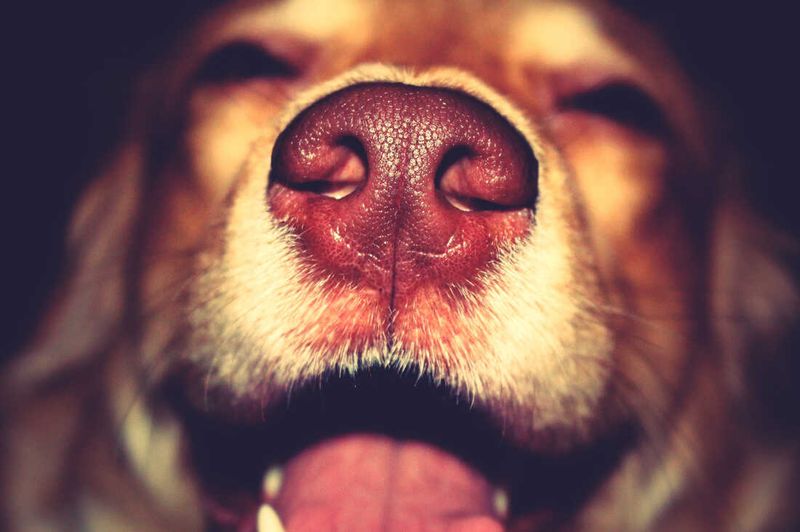
That incredible canine nose can detect subtle health changes in your body. Some dogs have been documented alerting owners to cancers, blood sugar fluctuations, or impending seizures.
Even without specialized training, your pet might act differently when you’re unwell. They may become more attentive, refuse to leave your side, or show unusual concern.
Their heightened awareness of your biological changes makes them natural health monitors, often noticing problems before medical tests can.
6. Your Attention To Other Animals
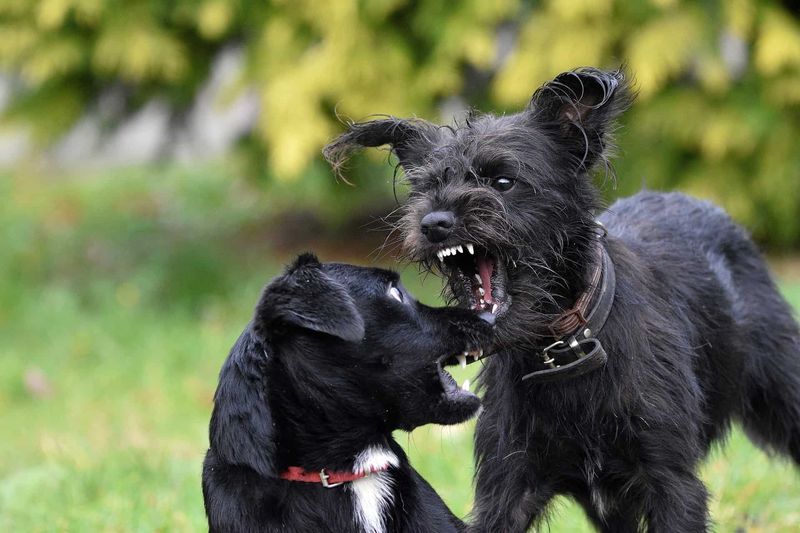
Ever pet another dog and come home to find your pooch giving you the cold shoulder? Dogs absolutely detect the scent of other animals on you and may react with jealousy or curiosity.
Their powerful noses pick up residual smells from other pets you’ve encountered throughout your day. This explains the thorough sniff-down many dogs perform when you return home! It’s their way of gathering information about where you’ve been and who you’ve met.
7. Your Intentions Before You Act
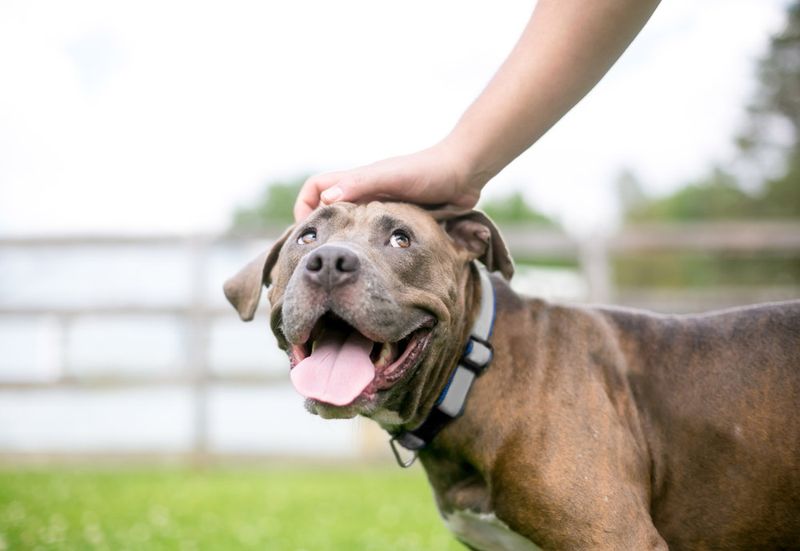
Dogs become masters at reading your subtle pre-action cues. Before you even stand up, your furry friend notices micro-movements that telegraph your intentions.
That’s why they race to the door when you merely glance at their leash or appear in the kitchen before you’ve reached for the treat jar.
They observe patterns in your behavior that even you don’t recognize! This predictive ability developed from their wild ancestors’ need to anticipate prey movements.
8. Inconsistent Rules That Confuse Them
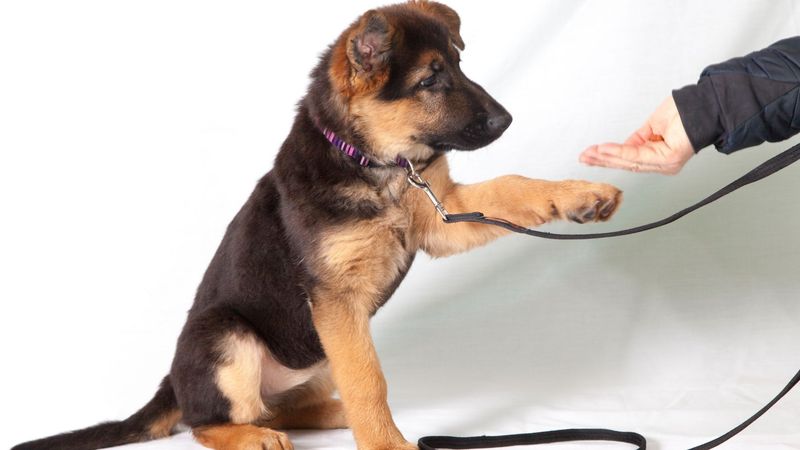
Dogs thrive on clear boundaries, so mixed signals drive them crazy! Allowing them on the couch sometimes but scolding them other times creates genuine confusion.
Your pup isn’t being stubborn—they simply can’t understand why the same behavior receives different responses.
This inconsistency creates anxiety as they can’t predict outcomes of their actions. Establishing clear, consistent rules helps your dog feel secure and confident in their environment.
9. Hugs That Feel Like Traps
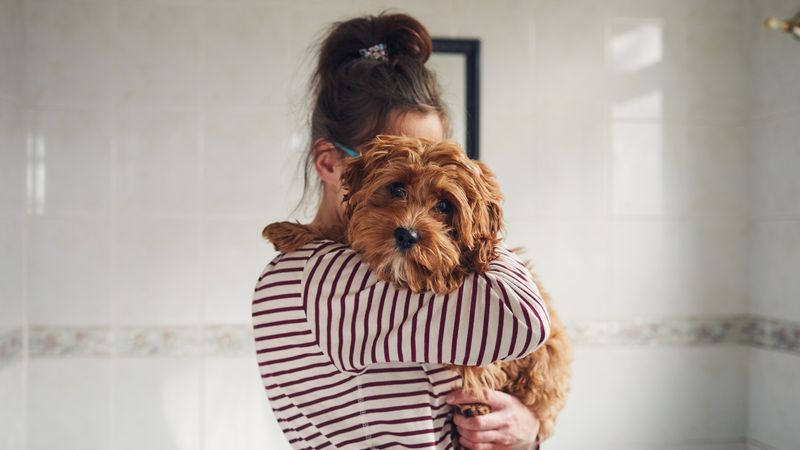
While we humans love embraces, most dogs naturally interpret full-body hugs as restraint or domination. That stiff posture when you squeeze them tight?
That’s discomfort, not enjoyment! Dogs typically prefer side-by-side contact that allows freedom of movement.
Watch closely and you’ll notice many pups turn their heads away during hugs—a classic calming signal. Instead of bear hugs, try gentle scratches behind the ears or along the chest for affection they’ll actually appreciate.
10. Your Tense Energy During Walks
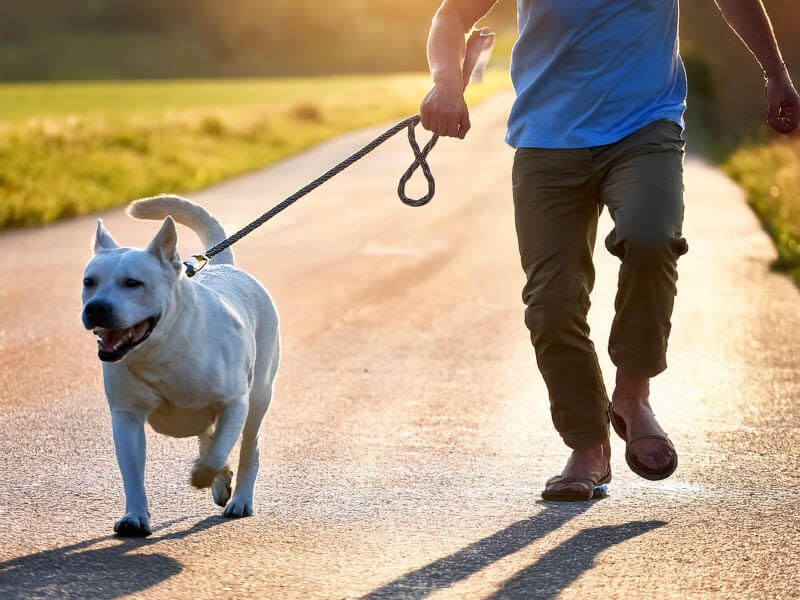
Dogs are masters at feeling tension travel down the leash. When you tighten up upon seeing another dog, your pup instantly absorbs that anxiety and may react defensively.
This feedback loop explains why some dogs become more reactive on leashes than off. They’re responding to your subtle signals!
Practicing relaxed body language and breathing deeply when encountering triggers helps your dog stay calm too. Remember – your emotions flow directly to them through that leash connection.
11. Leaving Without Explanation
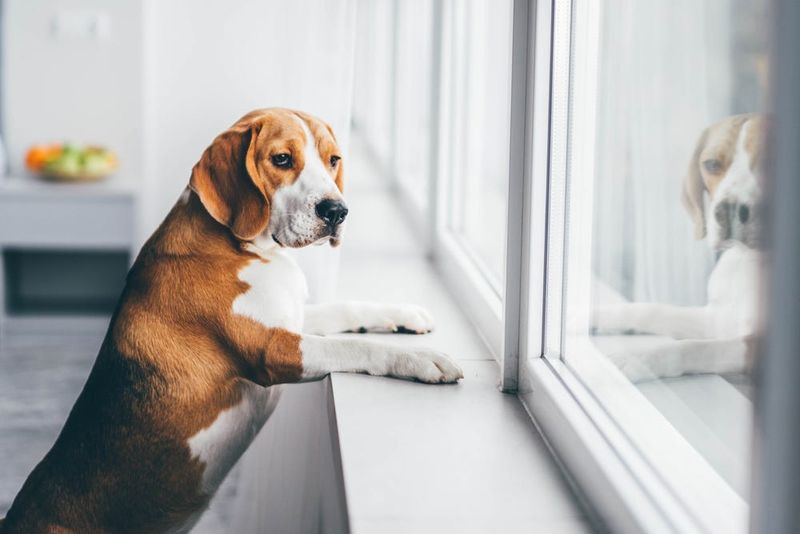
For pack animals like dogs, unexplained disappearances can trigger genuine abandonment anxiety. Their social brains aren’t wired to understand concepts like “going to work” or “running errands.” From their perspective, the pack leader vanishes without warning!
This explains destructive behaviors that sometimes occur when left alone. Creating consistent departure routines with special toys or treats helps provide closure. Many trainers recommend not making dramatic goodbyes, which can heighten separation distress.
12. Strong Scents That Overwhelm Them
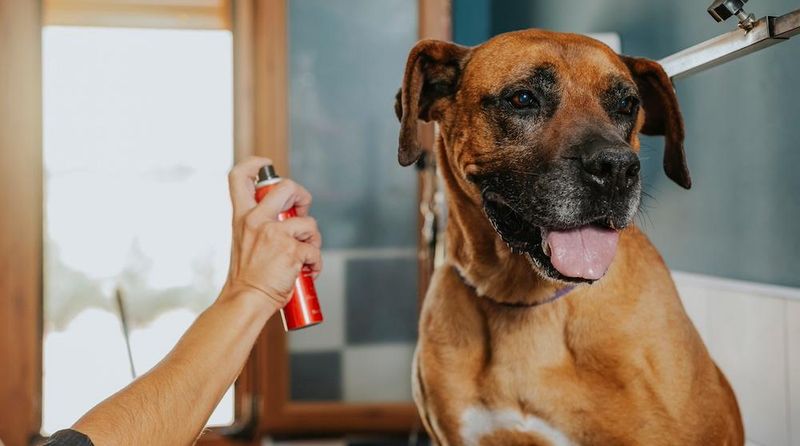
Your dog’s nose contains up to 300 million scent receptors compared to our measly 6 million. Imagine how overwhelming strong perfumes, cleaning products, or scented candles must feel to them!
What smells pleasant to us can be downright painful for their sensitive noses. Notice your dog sneezing or avoiding rooms after you’ve used air freshener? That’s not coincidence. Their powerful olfactory system makes them particularly vulnerable to chemical irritants we barely notice.






